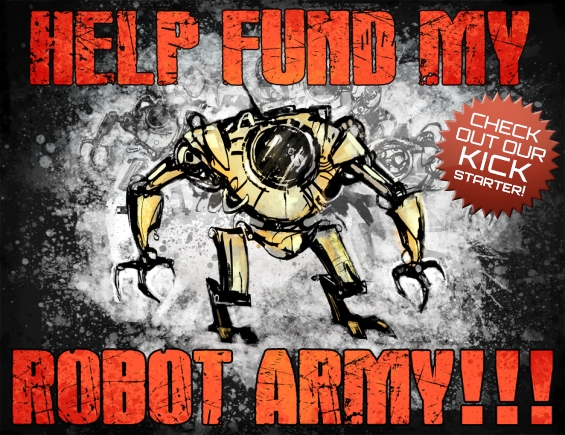Codex Q&A: When and how do you like to see a writer publicize a sale on social media?
In July 2013, I served as the “editor-in-residence” for the Codex Writing Group, which meant basically I was asking a month-long AMA (“Ask Me Anything”) interview. With Codex’s permission, I’m re-posting the Q&As here on my blog. The questions were all provided by members of Codex.
***
We’ve got a thread going now about when it’s best to publicize a sale on social media: on acceptance, on contract, on publication, some combination of all three, it depends, or never. Do you have a preference, as an editor? When and how do you like to see a writer squee about a sale?
As an editor, I don’t have any particular preference when a writer announces such things. Except, of course, ideally the author will help promote their story once it comes out, so I guess my one preference would be to AT LEAST be sure to announce it when the story is published, and to let readers know how they can find it. But whether or not they announce it before that time isn’t particularly relevant to me. I think the real trick is how to do so without annoying/making jealous all your writer colleagues. I’m not sure what the solution to that particular conundrum is, but I expect it’s really only much of an issue for folks who are particularly prolific.
But I will say that, maybe even more important to worry about is the “I’ve got good news and I can’t tell you what it is” sort of posts, as those are probably more likely to cause colleagues to start panicking that they haven’t heard the same mysterious good news and so they must be a horrible failure, etc.
***
From October 1 – October 31, I’ll be running a Kickstarter campaign for a new project called HELP FUND MY ROBOT ARMY!!!, an anthology of improbable, futuristic, magical, & alternate-world crowdfunding projects. Please check it out, consider backing it, and, if you’re so inclined, spread the word!



